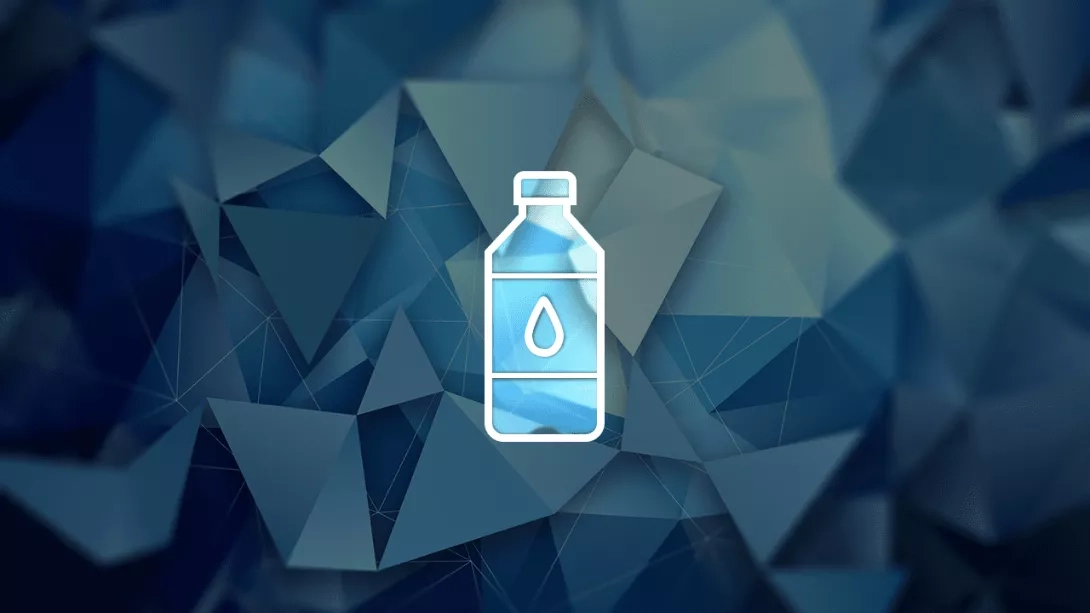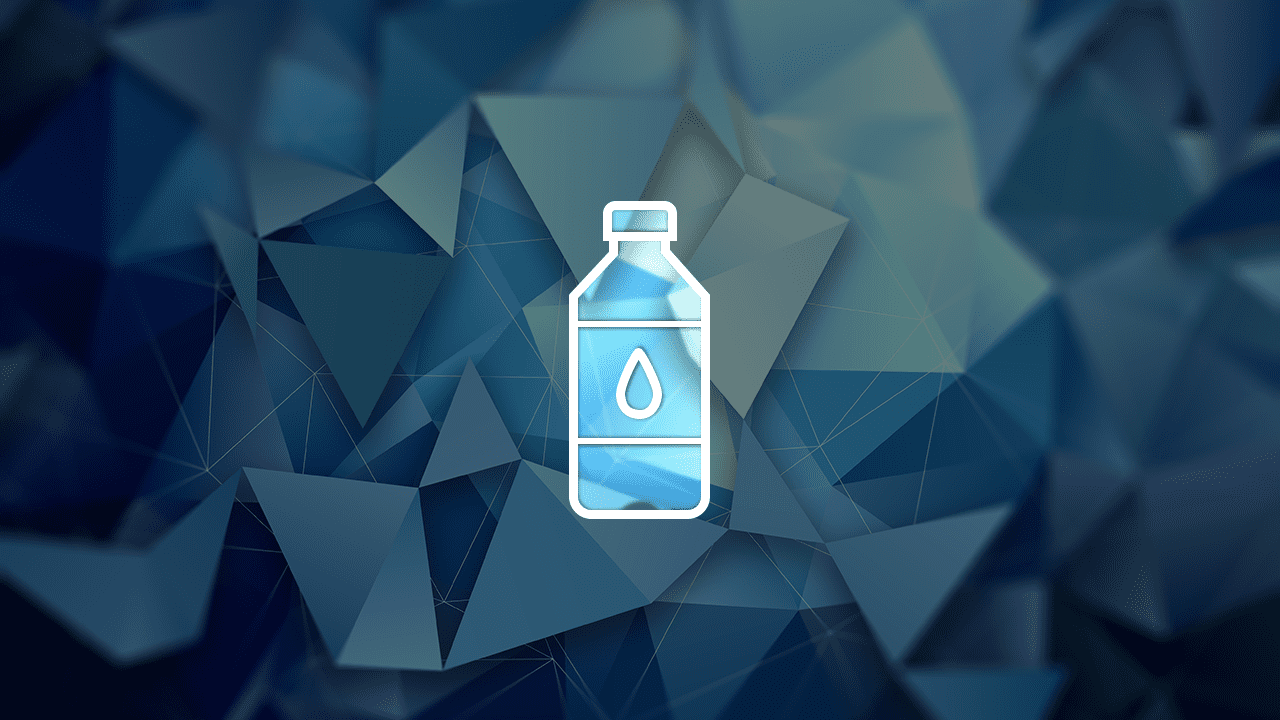Environmental Impact
The environmental impact of plastic water bottles is a complex and multifaceted issue. Here are some of the key concerns:
- Production: The production of plastic water bottles requires significant amounts of energy and resources, including water and fossil fuels.
- Waste: The vast majority of plastic water bottles end up in landfills or incinerators, where they can take hundreds of years to decompose.
- Marine pollution: Millions of plastic water bottles end up in the oceans each year, where they can harm marine life and pollute beaches.
- Microplastics: Plastic water bottles can break down into tiny pieces of plastic known as microplastics. Microplastics can pollute the environment and enter the food chain.
Health Concerns
Plastic water bottles have also been linked to a number of health concerns, including:
- Chemical leaching: The chemicals used to make plastic bottles, such as BPA and phthalates, can leach into the water and be ingested by consumers. These chemicals have been linked to a variety of health problems, including reproductive disorders, cancer, and developmental delays in children.
- Bacterial contamination: Plastic water bottles can contain bacteria and other contaminants, especially if they are not cleaned regularly. These contaminants can cause a variety of health problems, including diarrhea, vomiting, and stomach cramps.
Alternatives to Plastic Bottles
There are a number of alternatives to plastic water bottles that are more environmentally friendly and healthier. Here are a few options:
- Reusable water bottles: Reusable water bottles can be filled with tap water or filtered water and used over and over again. They are a great way to reduce plastic waste and save money.
- Glass water bottles: Glass water bottles are a durable and non-toxic option. However, they can be heavier and more fragile than plastic water bottles.
- Stainless steel water bottles: Stainless steel water bottles are another durable and non-toxic option. They are also lightweight and easy to clean.
- Filtered water bottles: Filtered water bottles can be used to filter tap water, making it safe to drink and free of contaminants.
Bottled Water vs. Tap Water
There is a common misconception that bottled water is safer and healthier than tap water. However, there is no scientific evidence to support this claim. In fact, tap water in many countries is subject to rigorous safety standards and is regularly tested for contaminants.
Bottled water, on the other hand, is not regulated to the same extent. In some cases, bottled water may simply be filtered tap water that is sold at a premium price.
The decision of whether to use plastic water bottles is a personal one. However, it is important to be aware of the environmental and health implications associated with plastic water bottle use. There are a number of alternatives to plastic water bottles that are more environmentally friendly and healthier.
Some more interesting facts:
In addition to the information above, here are some other things to consider about plastic water bottles:
- Global consumption: The global consumption of plastic water bottles is staggering. In 2021, an estimated 583.3 billion plastic water bottles were consumed worldwide.
- Recycling rates: The recycling rate for plastic water bottles is very low. In 2021, only 29.1% of plastic water bottles sold in the United States were recycled.
- Sustainable initiatives: There are a number of sustainable initiatives underway to address the problem of plastic water bottle waste. For example, some companies are developing biodegradable plastic water bottles and reusable water bottles made from recycled materials.
Conclusion
Plastic water bottles are a convenient and affordable option for many people. However, it is important to be aware of the environmental and health implications associated with plastic water bottle use. There are a number of alternatives to plastic water bottles that are more environmentally friendly and healthier. By making informed choices, we can help to reduce plastic waste and protect our planet.
Faqs
What initiatives are being undertaken to reduce plastic bottle waste?
There are a number of initiatives underway to reduce plastic bottle waste, including the development of biodegradable plastic water bottles and reusable water bottles made from recycled materials.
What are the most common types of plastic used in water bottles?
The most common types of plastic used in water bottles are polyethylene terephthalate (PET), high-density polyethylene (HDPE), and low-density polyethylene (LDPE).
Are there any health risks associated with using plastic water bottles?
Yes, plastic water bottles have been linked to a number of health concerns, including chemical leaching and bacterial contamination.








